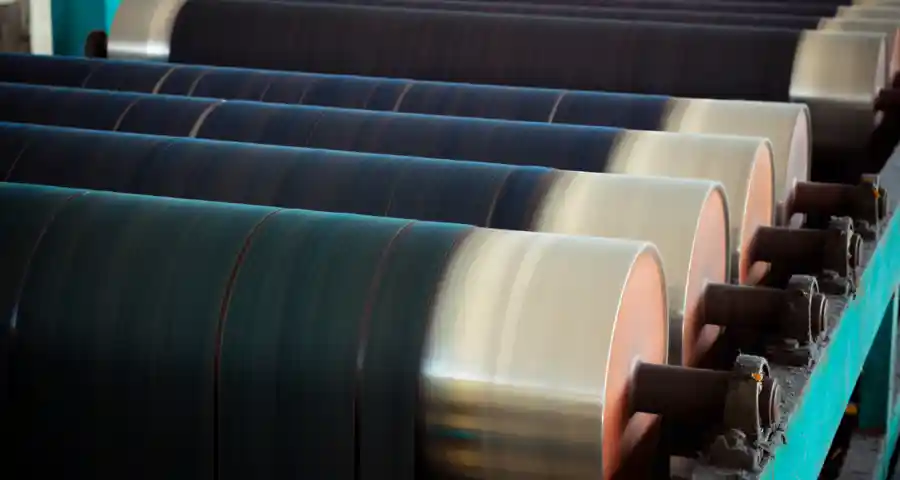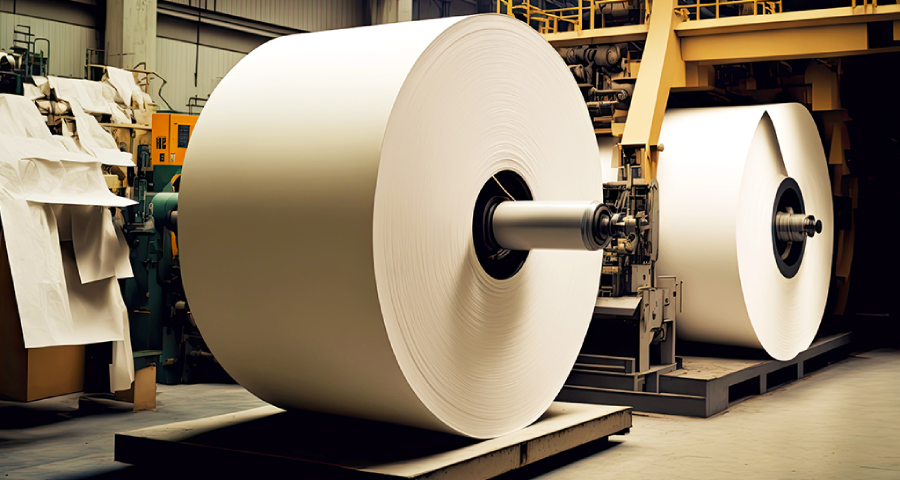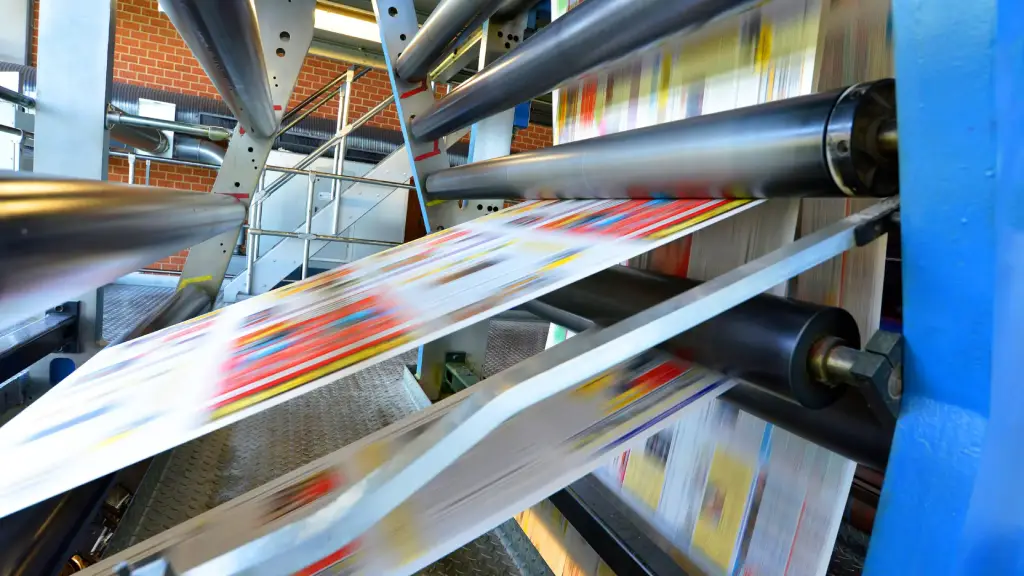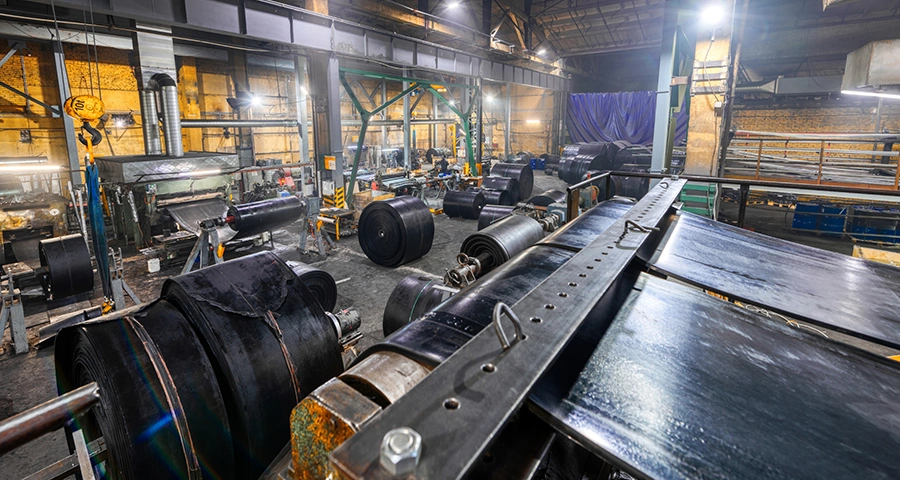
Importance of Rubber Rollers in the Textile Industry
December 22,2022
A world without garments is unimaginable. The textile industry is one of the growing industries with the trends of fashion. Newer types of cloth material, designs and colours are on the rise and dip in the trendline.
Rubber Rollers are one of the main element that decides the fabric’s quality you opted to wear on any occasion. The choice of colours is set to get changed and preferred with the mindset of people.
The unlimited edition of fabric Pantone greatly depends on the process of manufacturing clothes starting from thread to the end product. Textile industry players are the artist in deciding the wear and tear of the product.
Rubber Roller Reduces Resources Exploitation
Rubber Rollers play a significant role in the production of quality fabric materials. The shrinkage, colour consistency and even surface are one of the major constraints faced in the post- production process.
Unlike other industries, Textile Industry accounts for the highest contributor to the exploitation of natural resources and is ranked at the top of the most polluting industries. Each and every process accounts for pollution.
Choosing the right process material assists in the minimization of resource exploitation. Rubber Rollers are one of the materials that a textile manufacturer can highly rely on.
What are Rubber Rollers
Rubber Rollers are composite materials made of rubber and metal. Based on the requirement, the type of rubber covers is chosen and overlapped on the metal.
Under certain conditions, the bonding between the metal and rubber is improved to deliver seamless performance in the long run. Rubber Rollers are preferred due to their physical and technical characteristics that enhance the performance of the end product.
Deformation is one of the foremost properties that make Rubber Rollers to be preferred in different industries.
Need for Rubber Rollers
Technically, rubber materials create better friction with the materials that passed through. Hence, it enables the manufacturer to optimize and minimize the chance of defective products during the manufacturing process.
Cotton fabric and rubber rollers create the best friction in both wet and dry forms. Processing the fabric under different processing conditions with the same stiffness is very difficult without Rubber Rollers.
Retaining the fabric tension throughout the production is critical as it decides the quality of a textile product.
Rubber Rollers in Textile Industry
Rubber Rollers uplift the productivity of Textile manufacturing companies. Though it is one of the parts of the machine, it has a vital role to play.
Bleaching, Mercerizing, Sizing, Dyeing, Starching, and Washing are the processes involved in the production of textile fabric.
Rubber Rollers are applied in the above-mentioned process. Especially, in the sizing process of fabric production, the fabric is passed through the rollers positioned at the top and bottom under a defined through space.
Due to the deformation of the rubber rollers, the uneven surface of the fabric passing through the rollers received the output as an even surfaced fabric. The pressure created between the rollers does not lead to the breakdown, as the rubber deforms within a fraction of a second, enabling the rollers to function continuously.
Also, one of the major advantages is that the pressure created on one edge of the roller does affect the adjacent and other ends of the rubber roller.
The stress-shear characteristics of the rubber enhance the productivity of the manufacturing process.
Rubber Rollers act as Chemical Insulators
The Bleaching, Mercerizing, Dyeing, Starching, and Washing process of the textile product is greatly done in the wet type. There is a high chance of losing the stability and tension of the wet fabric when they are passed through the steel-covered rollers.
Rubber rollers enable a firm grip on the wet fabric. Each of these processes is highly chemical. Hence, it is very important to retain the properties of the textile product get unaffected when passing through the rollers.
Rubber Rollers exhibit greater function as it does not create any chemical reaction adding to the process environment.
Rubber Rollers – The Best Solution
Rubber Rollers greatly influence the costing decision made by the manufacturers. The reason is due to the capital investment made in the raw materials.
Producing the fabric with a cost-effective technique is always the best solution to save more cost and increase the ROI.
Rubber Rollers ensure a better quality of the processed fabric, lowers the cost involved in electricity consumption by increasing productivity, lower the cost per running meter of the fabric, and optimize the water consumption of the fabric production process.
The Bottom Line
Rubber Rollers are an important material in the production of fabric. Depending on the working environment and conditions, it is advisable to choose the rubber cover that increases production efficiency in the long run. If you’re looking for the best Rubber Roller for Textile Industry, we offer textile rubber rollers that outperform your expectations seamlessly in the long run.
Visit Venus Rubbers for more information.
Latest Posts
The Impact of Rollers on the Paper Industry
December 15,2023
Importance of Rubber Rollers in the Textile Industry
December 22,2022


